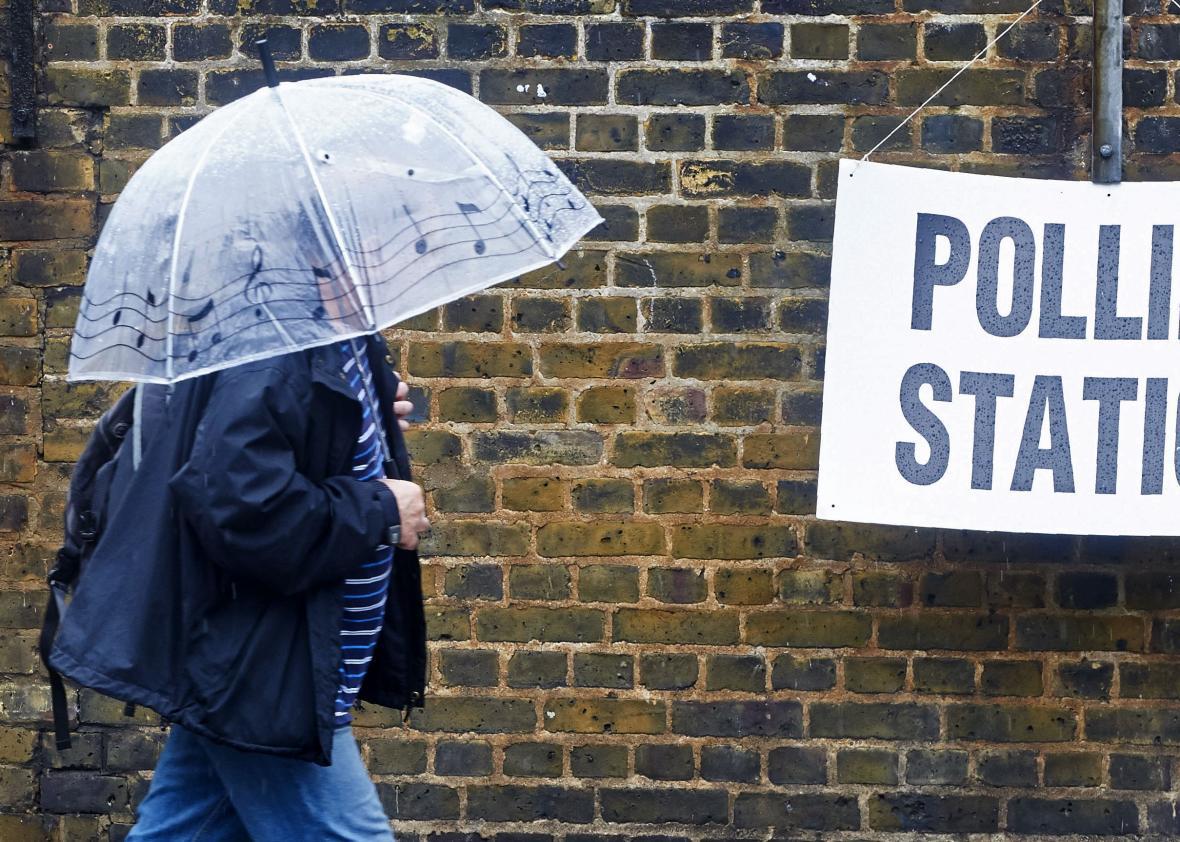It’s official: The United Kingdom has voted to leave the EU. This post was written on Thursday before the final results.
Here’s a question historians will probably be debating years from now: If it weren’t for the euro crisis, would Britain have spent Thursday deciding whether to leave the European Union?
The euro generally floated in the background of the Brexit debate, coloring the conversation without starring in it. This isn’t especially surprising, since Britain doesn’t use the currency, and has no plans to. As a result, it has avoided the worst of Europe’s economic calamity, and doesn’t have to worry about whether its monetary policy will one day be dictated by inflation-phobic Germans.
But the eurozone’s struggles strengthened the leave campaign’s arguments in some important ways. If the entire continent were booming, the idea of bidding the EU goodbye would probably seem absurd (Britain’s own economy would likely be growing a bit faster, too, easing some of those anxieties about immigration). But instead, it’s stagnating, with countries like Spain, Greece, and Italy looking like nothing so much as oversized unemployment offices. “The EU is a graveyard of low growth; the only continent with lower growth is currently Antarctica,” Brexit front man Boris Johnson wrote in The Telegraph last month. “That is partly because of the sclerotic one-size-fits-all Brussels approach to regulation; but, worse, in the last decade the EU has been suffering from a self-inflicted economic disaster—the euro.” Of course, even if Europe is growing slowly, it’s still an extremely valuable market for British exports. But many in the UK seem to feel that they’re simply shackled to a corpse, and when politicians like Johnson argue that cutting those ties will free Great Britain to strike trade deals with healthier, faster-growing countries, voters are happy to believe them.
Just as importantly, the euro crisis has undermined the credibility of experts who are now urging Britain to stay in the EU. Back in the early 2000s, many economists were dead certain that Britain would be better off long term if it adopted the euro. Obviously, they were wrong. And today, much of the public is skeptical when those same tweedy academics say a Brexit would make the UK forever poorer. After all, they were wrong before. Why should anybody trust them now?
